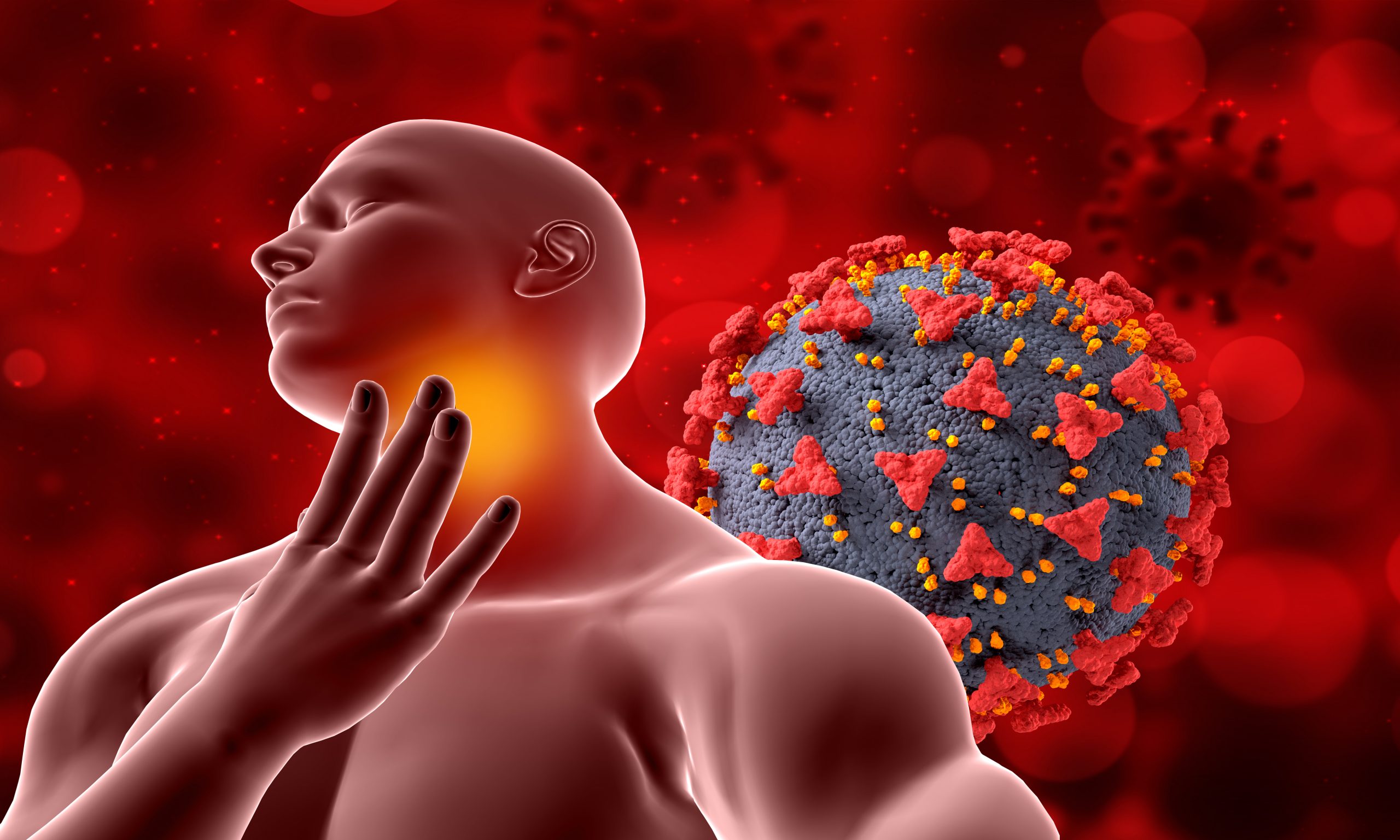

Japanese researchers have identified a chemical substance that may be used to treat a variety of autoimmune diseases, including rheumatoid arthritis and multiple sclerosis. Some illnesses develop when the immune system of the body malfunctions. Instead of attacking germs and illnesses as they should, the immune system assaults healthy cells and tissues. The effects of autoimmune disorders can be crippling for the millions of people who experience them globally. Rheumatoid arthritis produces excruciating joint pain, while multiple sclerosis can impair brain and spinal cord function.
“The key to the development of autoimmune diseases, and thus the way to inhibit this development, lies in our cells, but the underlying mechanism has always been unclear,” stated Prof. Hiroki Ishikawa, who leads the Immune Signal Unit at the Okinawa Institute of Science and Technology (OIST). “Now, our recent research has shed light on a compound that could suppress the development of these diseases.”
Prof. Ishikawa continued by saying that this study, which was written up in Cell Reports, might result in the creation of therapies for autoimmune illnesses.
The T helper 17 cells, or Th17 cell, was the subject of the study. T cells, a kind of cells that make up important components of the immune system, include Th17 cells. These cells, which are abundant in our guts and have developed to aid us in the battle against invasive infections, occasionally become overactivated and mistake healthy, normal tissue for pathogens, which causes autoimmunity. Glycolysis, a metabolic procedure where glucose is broken down and converted to energy to meet cells’ metabolic demands, is necessary for the production of Th17 cells. Glycolysis is crucial for the development of both Th17 cells and a wide range of cells.
“What’s interesting is that excessive glycolysis seems to suppress Th17 cell activity,” stated first author, Mr. Tsung-Yen Huang, a Ph.D. candidate in the Immune Signal Unit. “So, we hypothesized that molecules produced during glycolysis may inhibit the cells.”
Enter PEP, also known as phosphoenolpyruvate. This chemical substance is a byproduct of the metabolism of glucose into energy. PEP is produced every day in our bodies because it is an integral part of such a critical process. According to the study’s findings, PEP therapy can prevent TH17 cells from maturing, which reduces inflammation.
This conclusion initially confused Huang because it contradicted all previous studies on the subject. Yet, Huang persisted and determined to investigate the possibility further. They discovered a protein called JunB through their research, and it is crucial for the maturation of Th17 cells. Through binding to several certain genes, JunB facilitates Th17 maturation.
The study team discovered that PEP therapy prevents the development of Th17 cells by inhibiting JunB activation.
Using this knowledge, the researchers then utilized PEP to treat mice with autoimmunity-induced neuroinflammation. These mice had encouraging signs of recovery, and this illness is extremely similar to multiple sclerosis. To continue with this research, the scientists have now submitted a patent.
“Our results show the clinical potential of PEP,” explained Huang. “But first we need to increase its efficiency.”
In the past, scientists who were interested in creating medication for autoimmune illnesses frequently considered blocking glycolysis and, consequently, Th17 cells. The body’s numerous cell types depend on glycolysis; blocking it could have negative repercussions. PEP may be administered as a therapy without producing these negative effects.
more recommended stories
 Pediatric Crohn’s Disease Microbial Signature Identified
Pediatric Crohn’s Disease Microbial Signature IdentifiedKey Points at a Glance NYU.
 Nanovaccine Design Boosts Immune Attack on HPV Tumors
Nanovaccine Design Boosts Immune Attack on HPV TumorsKey Highlights Reconfiguring peptide orientation significantly.
 High-Fat Diets Cause Damage to Metabolic Health
High-Fat Diets Cause Damage to Metabolic HealthKey Points Takeaways High-fat and ketogenic.
 Acute Ischemic Stroke: New Evidence for Neuroprotection
Acute Ischemic Stroke: New Evidence for NeuroprotectionKey Highlights A Phase III clinical.
 Statins Rarely Cause Side Effects, Large Trials Show
Statins Rarely Cause Side Effects, Large Trials ShowKey Points at a Glance Large.
 Anxiety Reduction and Emotional Support on Social Media
Anxiety Reduction and Emotional Support on Social MediaKey Summary Anxiety commonly begins in.
 Liquid Biopsy Measures Epigenetic Instability in Cancer
Liquid Biopsy Measures Epigenetic Instability in CancerKey Takeaways Johns Hopkins researchers developed.
 Human Antibody Drug Response Prediction Gets an Upgrade
Human Antibody Drug Response Prediction Gets an UpgradeKey Takeaways A new humanized antibody.
 Pancreatic Cancer Research: Triple-Drug Therapy Success
Pancreatic Cancer Research: Triple-Drug Therapy SuccessKey Summary Spanish researchers report complete.
 Immune Cell Epigenome Links Genetics and Life Experience
Immune Cell Epigenome Links Genetics and Life ExperienceKey Takeaway Summary Immune cell responses.

Leave a Comment